| Dalyvis: | Fau**** Šim****** |
| Dalykas: | Anglų kalba |
| Lygis: | 6 |
| Trukmė: | 45 minutės |
| Praleistas laikas: | 9 minutės 36 sekundės |
| Pradžios laikas: | 2024-03-01 16:34:58 |
| Pabaigos laikas: | 2024-03-01 16:44:34 |
| Surinkta taškų: | 92.33 / 100 |

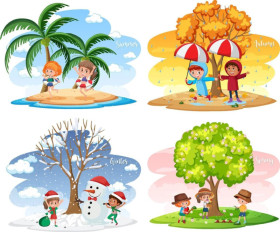
Eilės tvarka surašykite mėnesius.
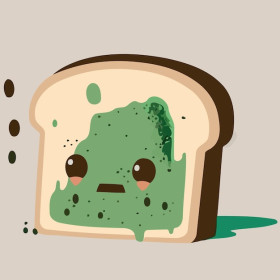
Pasirinkite žodį, kuris tinka.
There is
mold on the bread.Trees
fall shed their leaves in the fall.Helping a friend is the
right thing to do.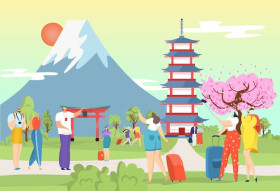
Pasirinkite žodį, kuris tinka.
We brought back a blue
vase from our trip to Japan.The furniture in my house
is very old.David
is playing the guitar in his room.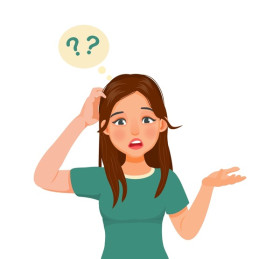
Pasirinkite vieną tinkamą žodį.
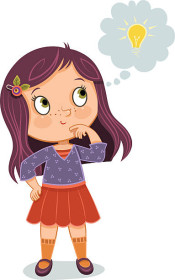
Pasirinkite vieną tinkamą žodį.

Įrašykite tinkamus žodžius, kad gautųsi sakiniai.
goes, read, rains.
We sometimes read books.
Emily goes to the disco.
It often rains on Sundays.
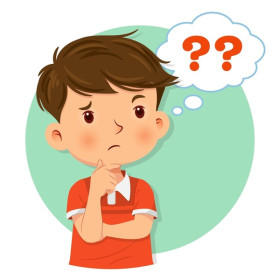
Parinkite sakiniam jų neigiamas formas.
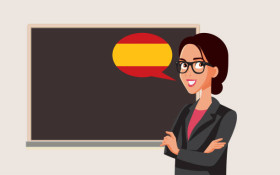
Pažymėkite, kurie sakiniai parašyti be klaidų.
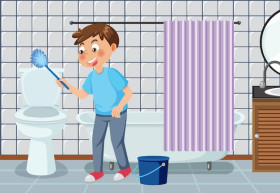
Sudėliokite sakinį.
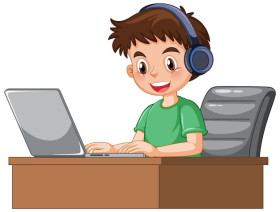
Perskaitykite istorija ir pažymėkite, kuris teiginys yra teisingas.
Computers can do lots of jobs. They can do maths, store information, or play music. You can use a computer to write or to play games. What do you know about the history of computers? The first computers were very big. They were the size of a room! They were so big that people didn't have them at home. Early computers could also only do simple maths, like a calculator. In the 1930s Alan Turing had the idea for a computer you could program to do different things.
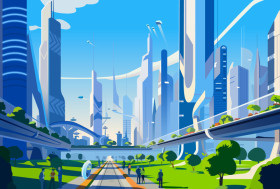
Perskaitykite tekstą, pažymėkite teiginius tiesa/netiesa.
Maybe ... or maybe not, but what we do know is that in the future, cities are going to have more and more people living in them. More than half the world's people already live in cities, and by 2050, cities will become home to about 6.5 billion people. That's a lot of people and very little space! More people means that we're going to have more pollution, traffic, and noise. It also means that we'll need more homes, schools, hospitals, jobs and transport. We'll need more resources, like water and energy, and more ways to grow food too. Oh, and more parks to play in! Many cities are already planning for the future. For example, Bristol is a cycling city in England. You can hire a bike (instead of taking a car or bus) and ride in cycle lanes which are separated from the traffic. In Singapore, people are looking 'up' to grow food! To save space, they grow vegetables in lots of layers in special tall buildings, called 'vertical farms'. And in Amsterdam in the Netherlands, there are 'floating houses' built on water instead of on land! What do you think city life will be like in the future?
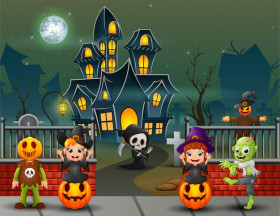
Perskaitykite tekstą, pasirinkite du teiginius, kurie atitinka tekstą.
Come to Susan's spooky Halloween sleepover party!
Dress up as a witch, a monster, a skeleton, or a ghost, and play lots of Halloween games!
Bring a pillow, a sleeping bag, your pajamas, your toothbrush, and a torch!
The party starts: on Friday 31 October at 5 p.m.
The party ends: on 1 November at 11 a.m.
Place: Susan's house, 50 Park Road
Please reply to Susan's mum by phone: 0011 223 344
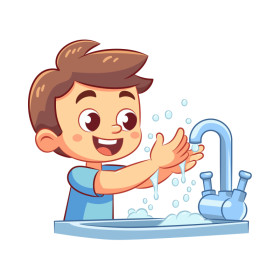
Perskaitykite tekstą ir sudėkite sakinius eilės tvarka.
Say NO! to germs. Wash your hands after you go to the toilet!
- Wet your hands with water.
- Use soap.
- Wash your hands carefully.
- Count to 20 as you wash.
- Make sure you turn the tap off!
- Dry your hands well.
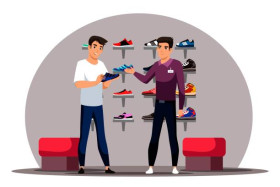
Parinkite žodį.
I want to buy
those shoes there!This is my bedroom.
Come here,
these rabbits are so cute!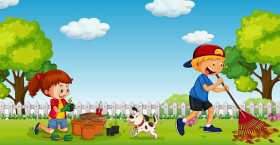
Pasirinkite dvi eilutes, kurios parašytos be klaidų.
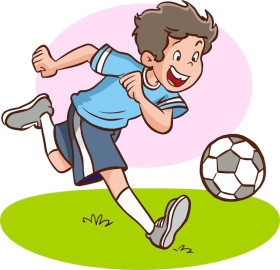
Įrašykite tinkamą žodį.
have, watch, play, did
Who did he play football with last week?
Did they watch TV yesterday?
Did we have any maths homework?
When did you start learning English?

Sujunkite klausimus su atsakymais.
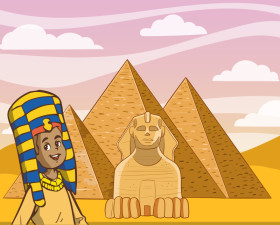
Pasirinkite teisingą atsakymą.
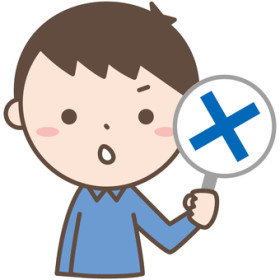
Suraskite klaidą ir ją pažymėkite.
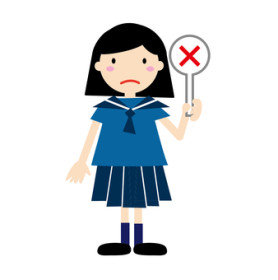
Suraskite klaidą ir ją pažymėkite.
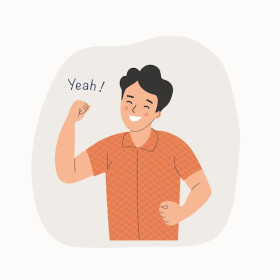
Suraskite dvi klaidas, pažymėkite jas.
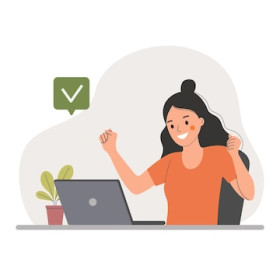
Kurie sakiniai parašyti teisingai, o kurie ne?

Pasirinkite a little arba a few ir įrašykite.
a few apples
a little rice
a few bicycles
a little money

Sujunkite žodžių junginius.